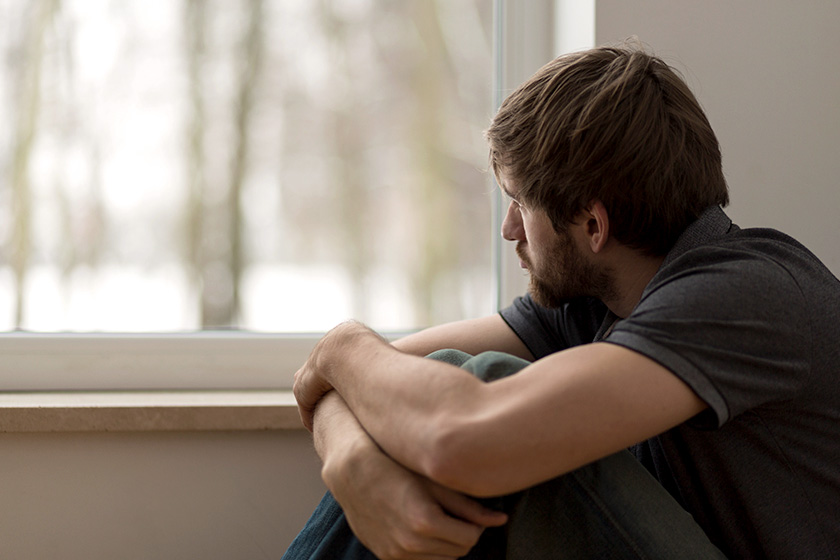
Seasonal Depression: In Spring, Summer, Winter, Fall and Why.
The changing seasons can play a major factor in the ups and downs of depression.
While some people may struggle during the winter, others may have a harder time in the springtime. Or Summer. Or Fall.
Depression can be a year-round mental health disorder, or it can be a seasonally changing condition.
It affects every single person differently, but here are some of the ways each season can contribute to a person’s challenges.
Spring Depression
The spring season might be one of the seasons that contributes most to seasonal depression. Why is it that depression can get harder in the spring? Wouldn’t we expect the opposite?
Sometimes allergies can be a factor in spring depression. Itchy and watering eyes, runny nose and sneezes can affect people’s moods. Allergies can cause some people to sleep more, eat less and most of all, stay inside to escape the pollen, all of which are also symptoms of depression.
Another reason might be because people struggling with seasonal affective disorder are watching other people outside, enjoying life, and excited about something new while they are still battling depression which could make things worse. Other reasons could include that life gets less structured and tends to wind down toward summer and may leave people feeling lonely and unsupported.
Summer Depression
Less is known about summer depression because there tends to be fewer people who see depression escalate during the summer. Some people, though, may find that the long days, and warmer temperatures actually increase their depression.
In the long hot days of summer, sleeping can be more difficult and erratic, contributing to depression. Increasing heat and humidity, which result in less activity can play a part as well. Schedules are often disrupted in the summer with the kids home, and many people worry about how to pay for extra childcare, and all the activities and vacations that go along with summer. And many people who struggle with body image find putting on a bathing suit and heading to the beach can trigger their depression as well.
Fall Depression
There tend to be fewer obvious triggers in the fall, but nevertheless, it is a season of transition. Days are shorter, the nights are getting longer, and people get less sunlight which can contribute to lower energy levels.
People who struggle with transitions may be more susceptible to depression during the fall. Vacations are winding down, school may be starting up, and the structure of life tends to be more rigid.
Another factor could be simply that the fall is a reminder that winter is coming, and depending on who you are and where you live, that might be a difficult reality that casts an ominous shadow over life.
Winter Depression
Winter is a season where it is common to struggle with seasonal depression, sometimes known as the “Winter Blues”. There is more darkness, and the cold can make it difficult to get out and enjoy the activities you love and spend time with the people that you care about.
In many areas, particularly the north, winter is not just a challenging season, but a very long season too. The characteristics of winter, and the mental health symptoms that they cause in some people may extend several months before or after the exact season of winter. An especially cold and dark spring or fall can mimic the mental health challenges of the winter months.
The holidays that come during the darkest part of winter come with a heightening of depression for many people. Those who are lonely struggle more watching others enjoying the season. Those without families and friends around them can have a hard time. There’s also a lot of pressure to go to all the parties and gatherings, to find the perfect gift, and give kids the perfect magical holiday. Bad weather, cold, and snowstorms keep people indoors, and for many it can be the most inactive time of year.
Treating Seasonal Depression
Treatment can make a significant and lasting impact for individuals who are battling ongoing or seasonal depression.
Depression is one of the most common mental health disorders and it can flare up anytime of the year. Having the support and guidance of a professional mental health counselor is one of the best ways to overcome it.
If you or a loved one are looking for support, life can be better. Arbor Place is ready to support you and we are just a phone call away.

